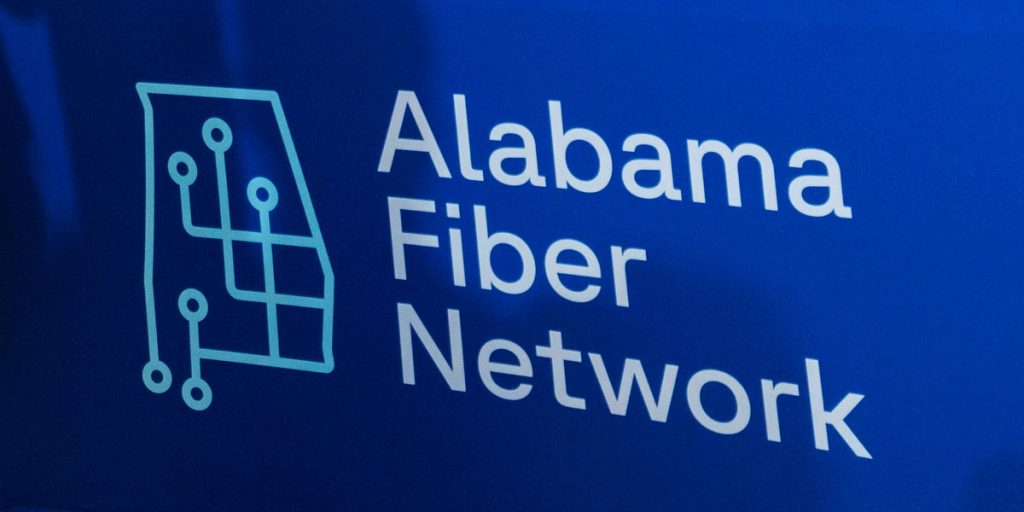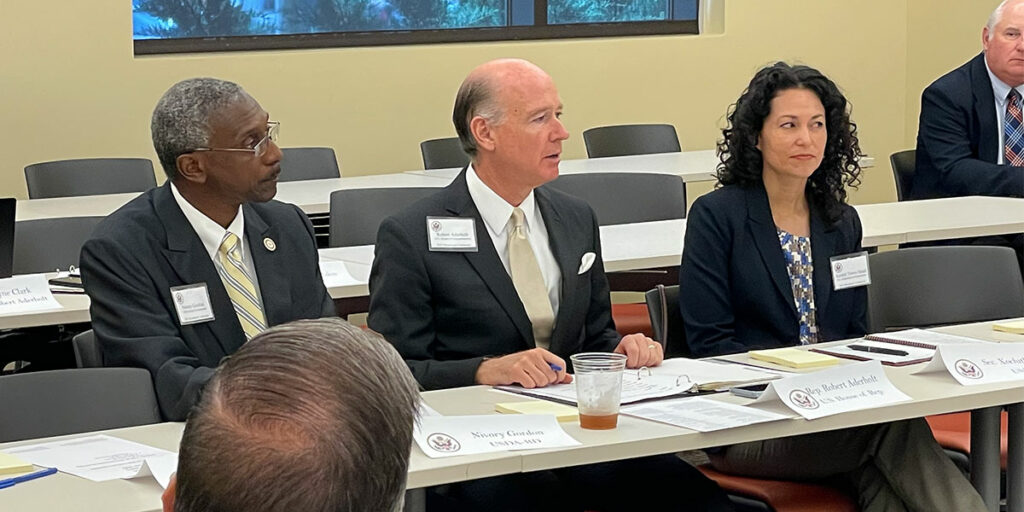Alabama recently received notification that we are in line to receive more than $1 billion in funding from the Broadband, Equity, Access, and Deployment (BEAD) Program. For years, Republicans in the Alabama Legislature have recognized the importance of providing broadband connectivity to our underserved areas.
The need for high-speed internet has become increasingly urgent, with many of our residents relying on telehealth services, educational opportunities, and work requirements that necessitate speedy broadband deployment.
While the BEAD Program presents a significant opportunity to bridge the digital divide and connect our rural communities to the services that reliable broadband brings, I have some concerns about the ways in which the Biden administration is using this opportunity to attempt to enforce its liberal agenda on our states by promoting leftist work requirements and regulations.
RELATED: Alabama to receive $1.4B for broadband access
Last year, the National Telecommunications and Information Administration (NTIA), which administers the BEAD Program, issued a Notice of Funding Opportunity (NOFO) for the program. The BEAD NOFO outlines the submission process for states, the types of projects that will qualify, the way vendors will be selected, and the timing of awards and deployments.
In addition, the NOFO includes a number of recommendations and requirements for the proposal by states. Some of these points are reasonable logistical requirements, including requiring states to use funding to expand access to unserved or underserved areas, but unfortunately, NTIA has also chosen to include suggestions that risk the implementation of broadband services in areas that need them the most, creating bureaucratic roadblocks to get people connected.
For example, the NOFO has recommendations on workforce requirements, but states have discretion to create requirements that fit their specific state’s demographics and needs. The NOFO also requires that all states include a low-cost plan in their proposal and provides a template example. But states have discretion to create a low-cost plan that works best for them and can choose not to include price ceilings as part of the plan.
The Biden Administration’s guidelines encourage states to add new, progressive regulations and government mandates to broadband projects, even though this was never the intent of Congress when the BEAD program was funded.
In crafting our responses to the NOFO, there are areas where Alabama has discretion to fashion program rules that work best for our state. But state governments across the country, may unknowingly move forward with the grants assuming they must check off every item on the Biden administration’s wish list. If that were to happen here, there’s a serious risk that rural communities will be left waiting for broadband.
RELATED: Be Linked Alabama: Interactive map lights up broadband growth
Congress created the BEAD Program with the intention of expanding access to high-speed internet and closing the digital divide, not to enact a one-size-fits-all political agenda that may slow down the process. The focus of the BEAD program should be on getting people connected to the internet and ensuring that our residents have the tools they need to thrive in today’s digital world.
I know that Governor Ivey will continue to work hard to ensure broadband access for our rural communities, and I am confident that Alabama will not succumb to the Biden administration’s attempt to implement leftist policies, that could post a significant threat to closing the digital divide in areas of our state that need help the most.
Keith Kelley serves in the Alabama State Senate representing Calhoun and Talladega counties.













